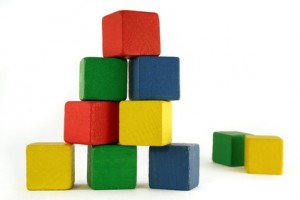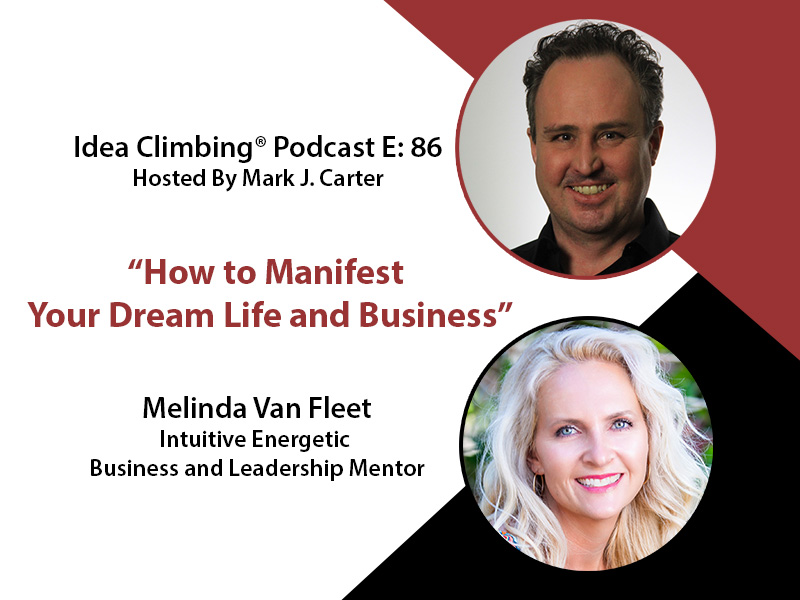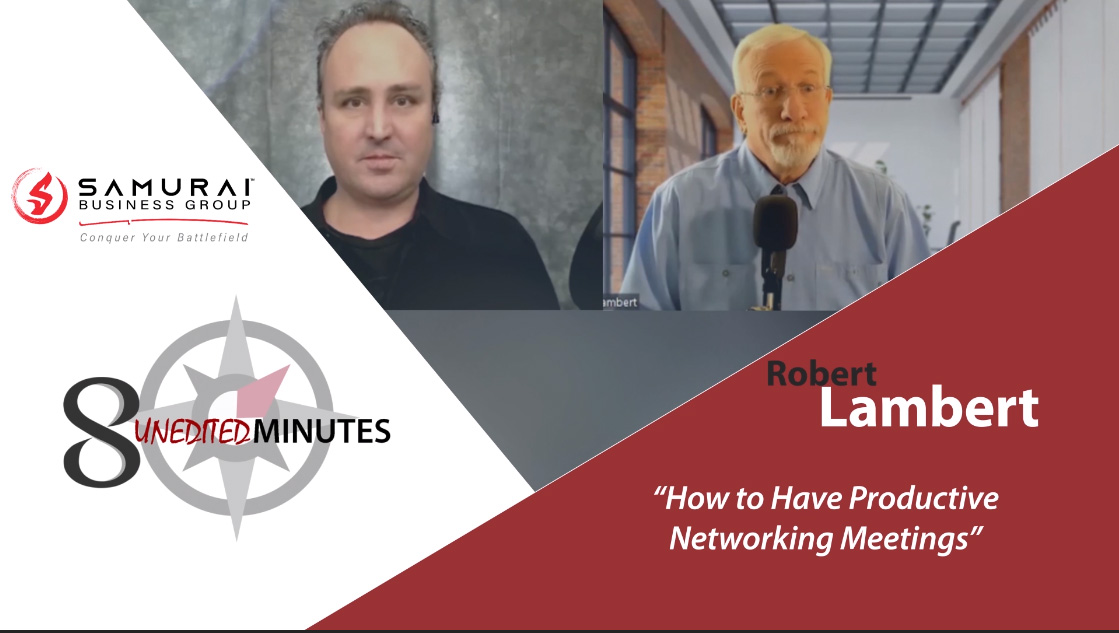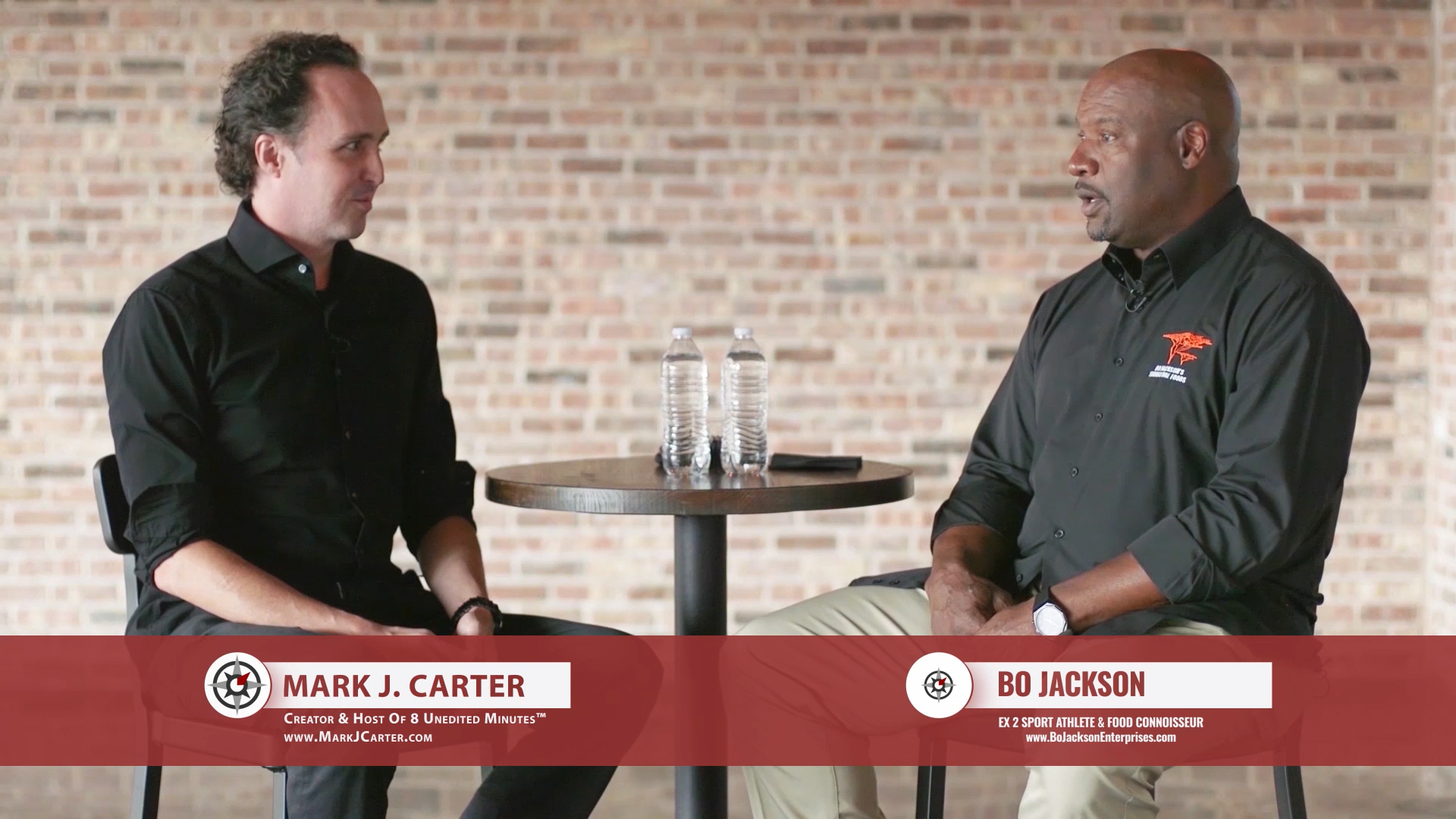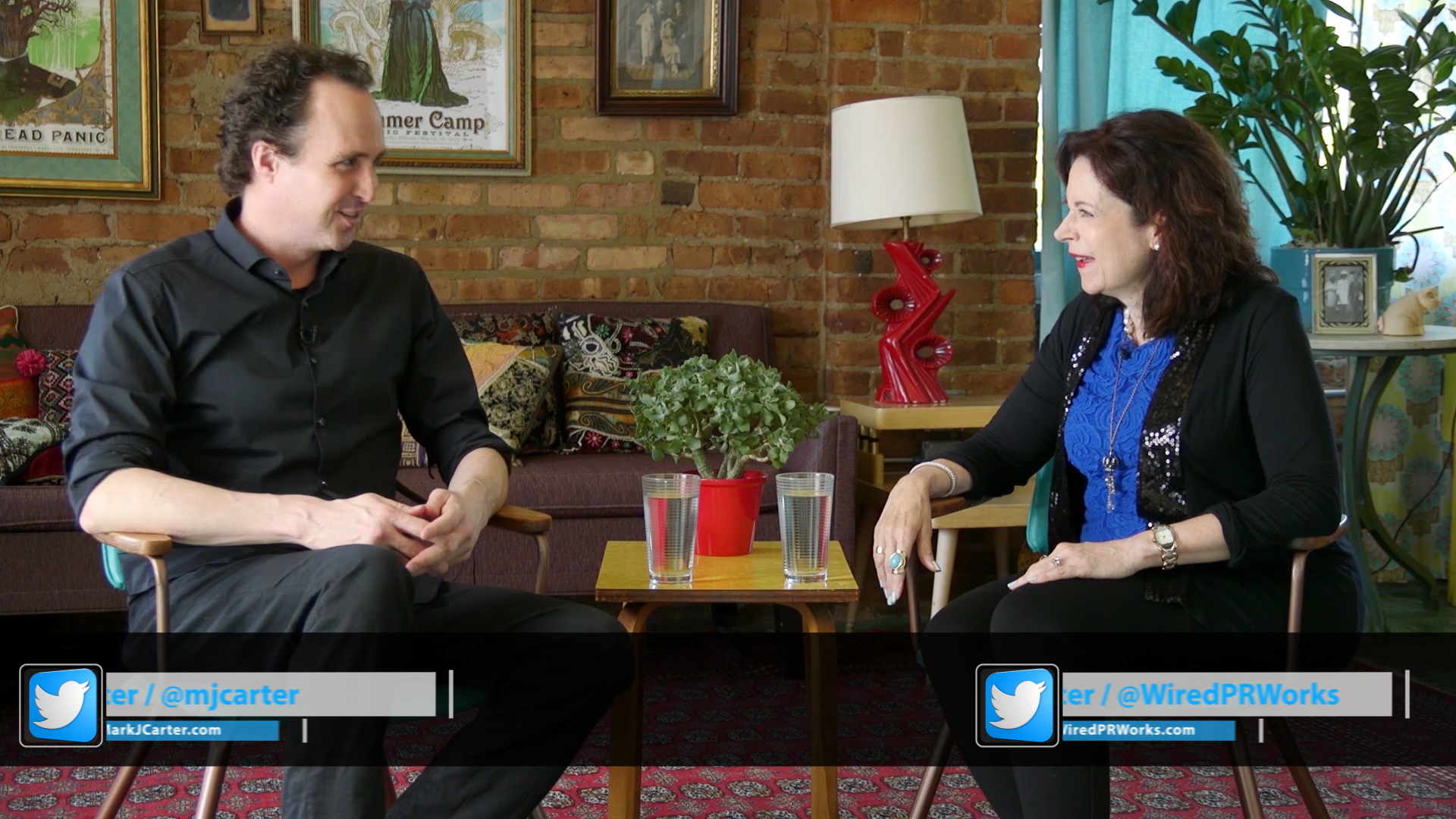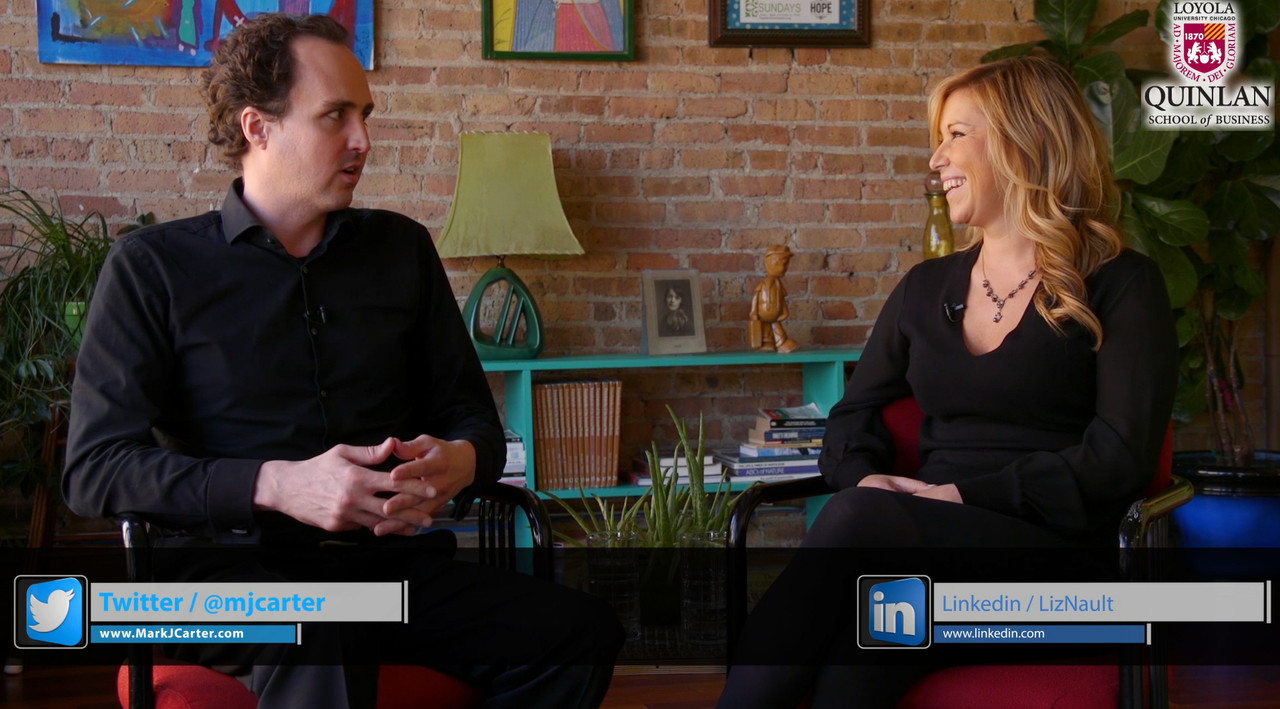Have you ever played the role of “Monday Morning Quarterback” as an event planner or organizer? You take part in an event and after the event is over you have great ideas about how it could have been better. Great ideas that come after an event won’t change the past. And if attendees, sponsors and exhibitors had a bad experience they probably won’t be coming to your next event. What if you could have those great ideas about building a better event BEFORE your event takes place?
How can you prevent the “woulda-coulda-shoulda” trap of conferences, trade shows and other events?
In part II of my interview with NY Times Bestselling author Carol Roth (the full blog post is below the video interview); she shares some great insights about building an event the RIGHT way and getting your community involved before any marketing starts (follow Carol on Twitter here).
(Click here to view the video on YouTube)
Before You Start Marketing Start Listening
Before you start marketing your event you need to build an event that your target audience wants in the first place! That makes the marketing much easier (learn more about this in my previous post “Marketing Your Event: Social Media Is NOT A Megaphone”). Social media is a popular marketing tool but often over-looked as a planning tool.
An easy way to get started is with passive listening: Go where your audience is online. Watch them on Twitter (set up searches in Hootsuite, monitor hash tags, make lists of industry influencers). Visit Facebook fan pages and groups. Watch & listen. They’ll tell you what they want in their conversations. Want to build a really successful event? Then you have to take it a step further because…
Guessing Is A Bad Business Model For Event Planning
The best marketing strategy in the world will fail if you’re marketing the wrong product to the wrong people. Yet many events are completely planned without ever asking the (potential) attendees, sponsors and exhibitors what THEY would like to experience at the event. Kind of backwards…
SO…
Don’t guess, ASK. This is when you move beyond passive listening to active listening: Don’t wait for conversations to happen, start the conversations yourself. Ask questions on Twitter. Ask questions on Facebook. Start LinkedIn discussions. Ask things like:
- “Who are your favorite speakers about (insert your topic here, like leadership)?”
- “What are your biggest challenges with (insert your topic here, like social media)?”
- “What are your favorite resources for event marketing?”
- “As a sponsor, what was the most valuable event you were part of – and why?”
They’ll tell you how to build a successful event that they’ll be glad to pay to be a part of. In fact, when you build an event the right way your audience stays engaged longer because…
A Great Party Doesn’t Have To End
When you go to a great event (social or professional) and meet great people – do you want to run out the door as soon as it ends or stay afterwards and talk to people? That’s what the after-party is for – and why almost every event has one.
Here’s are the 3 steps to building and event the right way and continuing the conversations long after the event:
- LISTEN: Find out ahead of time what people want.
- ASK: Actively participate in conversations.
- INVOLVE: Give your community what they want and give them opportunities to get involved (by speaking, volunteering and more). You can have volunteers run your social media for you. Set expectations that the conversations will continue and tell them where the after party is (Twitter, Facebook, LinkedIn, Blogs, etc).
Don’t take my word for it. Want to see this in action? Check out SOBCon: Successful Online Business Conference. Liz Strauss and Terry Starbucker have created an insanely successful event where the conversations never stop and they’re always listening to their community. Just look at their hash tag on Twitter – it’s active year round.
What conferences or events have you attended that had great communities?
What tips can you share for building a successful event?
